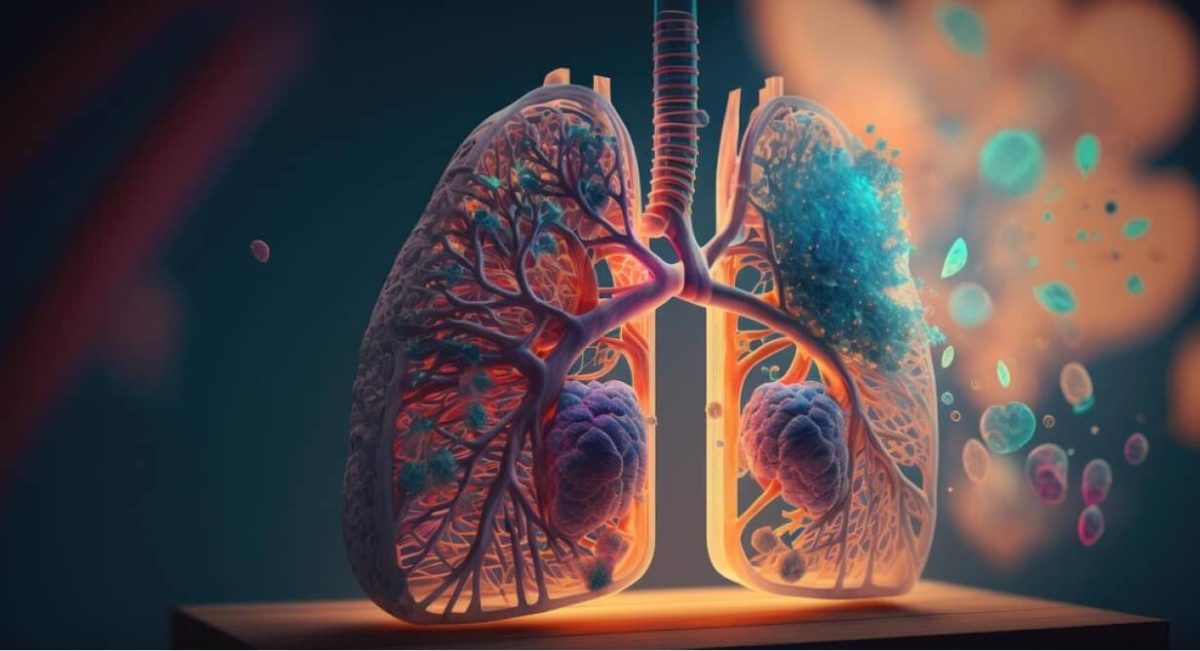Pneumonia, a common respiratory infection, is surrounded by several misconceptions that can lead to misinformation and unnecessary anxiety. As such, understanding the truth about the disease, including the causes of pneumonia, is crucial for accurate prevention, diagnosis, and treatment.
In this article, we aim to demystify seven common pneumonia myths to ensure clarity about the disease. Please read on.
Common Pneumonia Myths
- Pneumonia Only Affects the Elderly
Contrary to popular belief, pneumonia can affect individuals of all ages. While the elderly, infants, and individuals with weakened immune systems are more susceptible, healthy adults can also contract pneumonia. It is essential to recognize symptoms such as persistent cough, difficulty breathing, and chest pain in people of all age groups.
- Pneumonia is Always Caused by Bacteria
Pneumonia can be caused by bacteria, viruses, or even fungi. Streptococcus pneumoniae is a common bacterial culprit, but viruses like influenza and respiratory syncytial virus (RSV) are also known culprits. Understanding the specific cause is crucial for effective treatment, as antibiotics work against bacterial pneumonia but are ineffective against viral or fungal pneumonia.
- Pneumonia is Always Acquired in Hospitals
While hospital-acquired pneumonia exists, most cases actually originate outside healthcare settings. Community-acquired pneumonia is prevalent and can affect individuals in everyday environments. Good hygiene practices, vaccination, and avoiding close contact with sick individuals can help reduce the risk of contracting pneumonia in various settings.
- Antibiotics are Always the Solution
Antibiotics are effective against bacterial pneumonia but are ineffective for viral pneumonia. Misuse of antibiotics can lead to antibiotic resistance and should be avoided unless prescribed by a healthcare professional. Seeking prompt medical attention is essential to determine the cause of pneumonia and receive appropriate treatment.
- Pneumonia is Always Accompanied by a High Fever
While fever is a common symptom of pneumonia, not everyone with pneumonia experiences a high temperature. Other symptoms such as fatigue, shortness of breath, and a persistent cough are equally important indicators. Recognizing a combination of symptoms is crucial for early detection and intervention.
- Only Smokers Get Pneumonia
While smoking is a significant risk factor for pneumonia, non-smokers can also contract the infection. Individuals with chronic conditions such as asthma, diabetes, or compromised immune systems are also at an increased risk. Maintaining a healthy lifestyle, including regular exercise and a balanced diet, can contribute to overall respiratory health.
- Pneumonia Is Always Accompanied by Obvious Symptoms
Pneumonia can present with subtle symptoms, making it challenging to diagnose in some cases. In elderly individuals or those with weakened immune systems, symptoms may be less pronounced. Increased awareness of less obvious signs, such as confusion, lower body temperature, or a bluish tint to the lips or nails, is crucial for early detection.
In conclusion, understanding the truth about pneumonia is vital for accurate awareness and proactive healthcare. Dispelling these pneumonia myths promotes a more informed community capable of taking preventive measures and seeking timely medical attention. Remember, knowledge is your best defense against pneumonia. Stay informed, practice good respiratory hygiene, and seek medical advice promptly if you suspect pneumonia.
If you have concerns about pneumonia or respiratory health, don’t hesitate to reach out to the Pulmonary Clinic of the Carolinas. Our dedicated team of experts is here to provide guidance, support, and personalized care. Schedule your consultation today to prioritize your respiratory well-being.



 Translate
Translate

